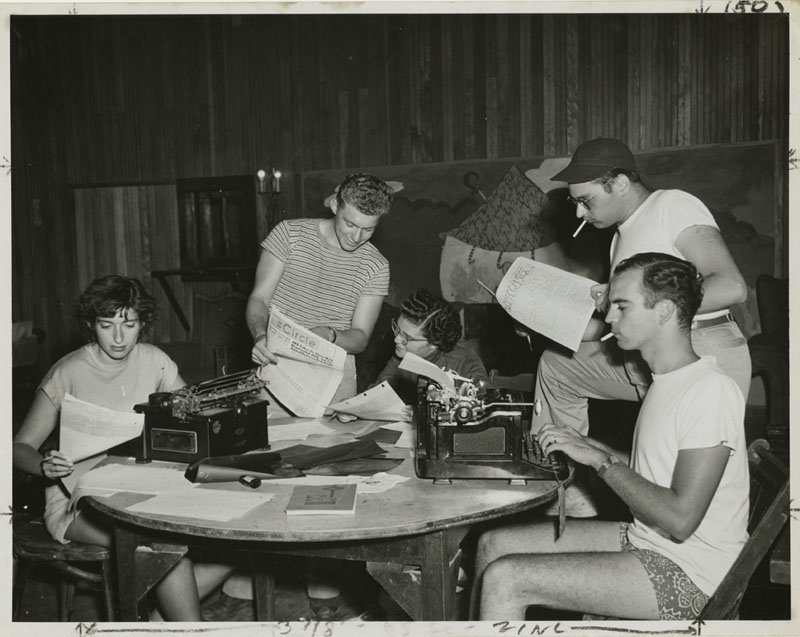 Oh, the withering put down and the verbal jousts over minor issues. It seems to one experienced reporter that press officers are changing. That's when he can find one...
Oh, the withering put down and the verbal jousts over minor issues. It seems to one experienced reporter that press officers are changing. That's when he can find one...
As a junior reporter, I remember there were four words I used to dread hearing tumble down the phone line from antagonistic press officers: “That’s not a story”.
There was a level of disdain in those words that I’m not sure I can adequately convey. They always sounded so certain, uncannily sensing that I – usually acting on questionable orders from above – had far less faith in the journalistic merit of my request.
My apprehension was made worse by the fact that the sneering source of my discomfort had actually done my job and knew all the ropes, the corners that were cut and the fast ones that could be pulled.
Of course there were press officers who simply wouldn’t help you, acting on inertia rather than principle. Fortunately they all seemed to work for West Midlands Police, which made them easier to anticipate and outmanoeuvre.
But none evoked as much trepidation on dialling the press office number as those cynical ex-hacks who stood between me and a prize piece of downpage like some gargoyle defenders of public services.
However, once I had been subjected to the required levels of humiliation, the response I had sought was usually swift to materialise, often benefiting from unrequested refinement by my supposed adversary.
I quickly learned that this show of antagonism, which appeared to reinforce the notional battle lines between our professions, actually forced me to sharpen my skills and at the same time provided a surprisingly intimate space for negotiation.
I was being sounded out. If I was serious then it was up to me to press my case or employ another tactic, but if I could be persuaded of the folly of some of my more ludicrous assignments then so much the better for all concerned.
That type of press officer is lamentably scarce now. There are few that I can even name, let alone relate to. My greatest dread these days is having to chase up long-standing interview bids to learn that the latest in a long line of strangers dealing with them has departed – taking any prospect of nailing the interview that month with them.
The electronic nature of PR and the phenomenal churn rate in government press offices have not just anonymised the process but anaesthetised it, and journalism is all the poorer for it in my view. But I guess I don’t need a sarcastic press officer to tell me what I have long suspected: that’s not a story.
Iain Robinson is news editor at Public Servant magazine.
